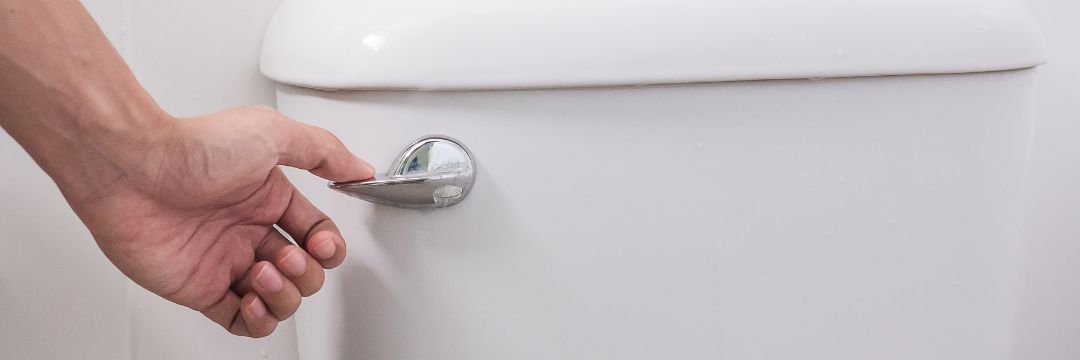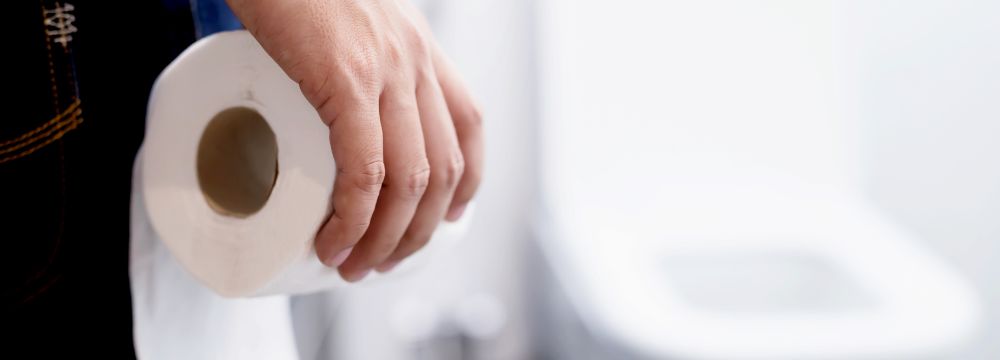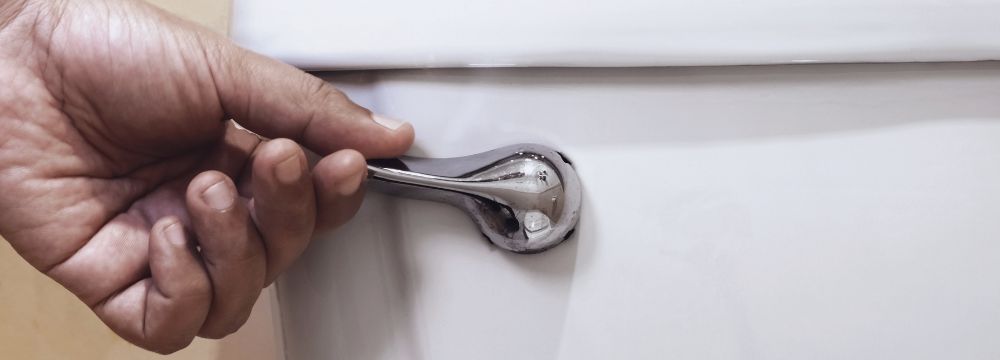About 25 million Americans are affected by urinary incontinence – five million of whom are men. The condition can make you feel very uncomfortable, to the point that you withhold yourself from participating in the things you enjoy.
The condition presents challenges that are not just physical, but also social and emotional. Dancing, dating, playing with your children or grandchildren – these are the activities that make life worth living, and urinary incontinence can make it difficult to enjoy them.
Urinary Incontinence Causes
Urinary incontinence refers to involuntary loss of urine. It’s important to seek medical attention if you’ve picked up on symptoms of urinary incontinence. Urinary incontinence is not a condition but rather a symptom of a condition. There are a lot of conditions that can cause this problem.
It is important to seek medical attention if you have urinary incontinence because it could be a sign of a serious health condition. A urologist can diagnose the cause of urinary incontinence and subsequently create a treatment plan to effectively address it.
Let’s take a look at what causes urinary incontinence.
Bladder Issues
Urinary incontinence can develop if your bladder has issues with squeezing at the right time or it squeezes so hard that it releases urine even when you do not have to go.
Weak Pelvic Muscles
Weak pelvic muscles could cause urinary incontinence, as well. If your pelvic muscles are lax, it will be harder to control the urethra. Stress incontinence or leaking urine after coughing or laughing due to the pressure in the abdomen is usually caused by weak pelvic muscles.
Nerve Damage
Nerve damage due to a stroke, diabetes, or Parkinson’s disease can also cause urinary incontinence. Several muscles and nerves work together to prevent urine from leaving your bladder until you are ready to go. The nerves serve as the conduit for the message saying you are or are not ready to empty your bladder. Nerve damage can mess up the message delivery from your muscles to your brain, and vice versa. The result? The muscles are unable to tighten or relax at the right times and at your will.
Prostate Issues
Older men have a higher risk of developing an enlarged prostate. A prostate that’s enlarged can block the urethra, which can cause urinary tract issues such as difficulty urinating and urine leakage. Moreover, men who have had their prostate removed also have weakened pelvic muscles, which causes urinary incontinence.
Urinary Incontinence Treatment in Mint Hill, Concord & Charlotte, North Carolina
If you are experiencing symptoms of urinary incontinence, the urologists at Carolina Urology can diagnose and treat your symptoms. There are many available methods for managing urinary incontinence. The goal is to get you back to the life you love without the embarrassment of urine leakage. To effectively treat you, our experts will find the root cause of your urinary incontinence and treat it so that you stop experiencing unwanted symptoms.
Don’t suffer from urinary incontinence any longer. Call Carolina Urology or request an appointment now. Our friendly team looks forward to serving you!





